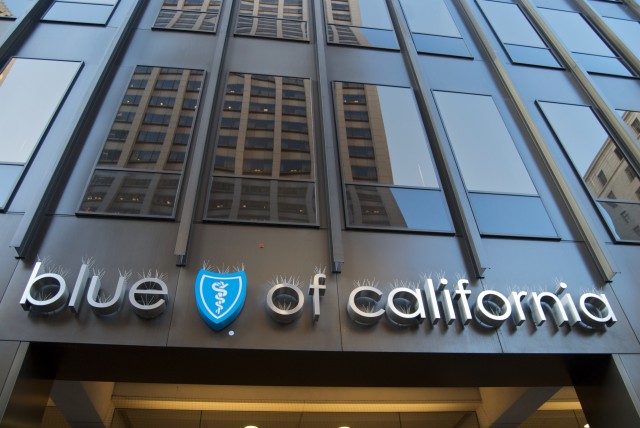On the Blue Shield of California Web page called "What Does Being a Not-for-Profit Mean to Us?" the health insurer provides an answer:
Operationally, it means we don’t answer to Wall Street – we don't need to generate returns to shareholders. Philosophically, being a not-for-profit means we’re guided by our mission to ensure all Californians have access to high-quality health care at an affordable price.
Well, the state's Franchise Tax Board may have found that something in that description does not conform with reality. In a story first reported by the L.A. Times and confirmed by Blue Shield of California to KQED, the board has stripped the company of its tax-exempt status.
“Yes the loss of tax exemption is true and we have filed a formal protest of the decision with the FTB," Blue Shield said in an email. The tax board said the revocation occurred on Aug. 28, 2014, and the Times said the company must now file returns from 2013 on. When asked the reason for the revocation, the board responded that is not considered public information and could not be disclosed.
Whatever the reason, the Times said the move could transfer tens of millions of dollars each year from the company to the state. Calling the action highly unusual, the newspaper said it came on the heels of a state audit investigating the justification for the company's tax exemption.
San Francisco-based Blue Shield has faced criticism over a number of issues for the past few years, including executive pay, a proposal to hike rates 59 percent (later dropped), and a large surplus of billions of dollars. It does not currently serve Medi-Cal patients (although it is in a deal to expand into the Medi-Cal market later this year), and it contributed millions to defeat Prop. 45, which lost at the ballot box last year and would have given California's insurance commissioner veto power over health insurance rate hikes.
